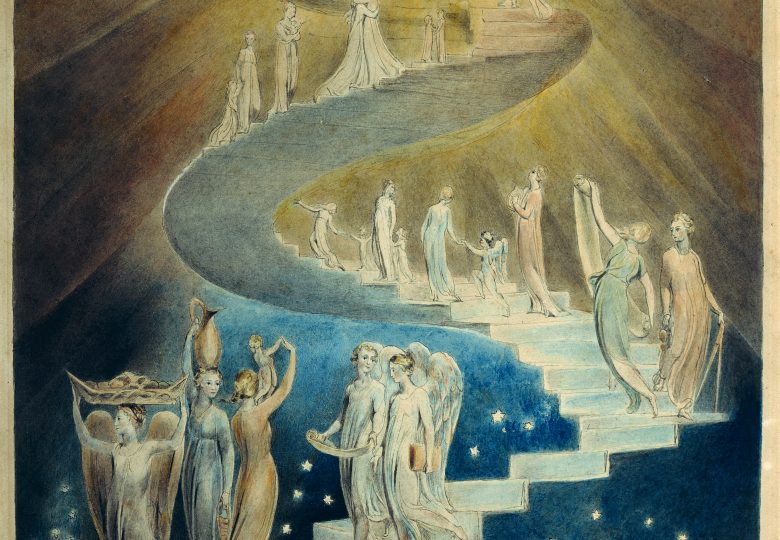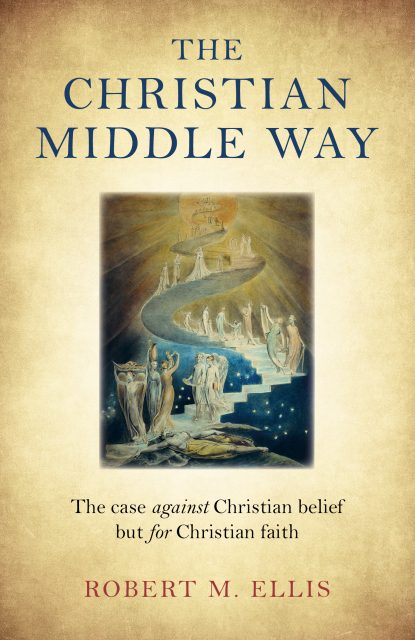The Christian Middle Way
The case against Christian belief but for Christian faith

 Published by Christian Alternative, July 2018
Published by Christian Alternative, July 2018
The Middle Way is the practical principle of avoiding both positive and negative absolutes, so as to develop provisional beliefs accessible to experience. Although inspired initially by the Buddha’s Middle Way, in Middle Way Philosophy Robert M. Ellis has developed it as a critical universalism: a way of separating the helpful from the unhelpful elements of any tradition.
In this book, the Middle Way is applied to the Christian tradition in order to argue for a meaningful and positive interpretation of it, without the absolute beliefs that many assume to be essential to Christianity. Faith as an embodied, provisional confidence is distinguished from dogmatic belief. Recent developments in embodied meaning, brain lateralization from neuroscience, Jungian archetypes and the Jungian model of psychological integration are drawn on to support an account of how Christian faith is not only possible without ‘belief’ in God or Christ, but indeed puts us in a better position to access inspiration, moral purpose, responsibility and the basis of peace.
“Robert M. Ellis’ new book, The Christian Middle Way: The Case Against Christian Belief but for Christian Faith has given me a path to walk on as I move through these new shadowlands in this segment of my journey. In this book, Ellis draws heavily both on the Middle Way philosophy developed by the Buddha and also the function of archetypes as articulated by Carl G. Jung.
Applying Middle Way principles including provisionality and avoiding the absolutizing tendency of metaphysical claims (whether religious or anti-religious) Ellis proposes a path toward integration that may helpfully include the archetypes of God and Jesus incarnate, crucified, and risen, as well as much of the symbolism and meaning of the Christian tradition on one’s journey.
Simply exchanging absolute belief in the metaphysical claims of Christianity for an absolute belief in the metaphysical claims of atheism, naturalism, science or another religion (such as Buddhism) doesn’t really help in the long run. In so doing one is simply exchanging one set of unprovable claims for another, while remaining firmly absolutist the new set of beliefs. It is not the beliefs that are the problem, it is the absolutism.” Lutheran Pastor on blog ‘One Person’
“If, like the author, you were raised in a reasonably positive Christian context, a Middle Way Christianity might appeal. If it’s not deeply planted in your psychic soil, you still might discover a vitality in Ellis’ description of non-absolutist, provisional and agnostic faith – triggered by the traditional sacred stories. You might use the book as an example of how to explore and express your non-Christian faith (what you find most meaningful) in a more skilful and helpful way. In either case, we can welcome this book enthusiastically.” Dennis Oliver, Spiritual Naturalist Society
Available in paperback or ebook.
Read sample text from this book
